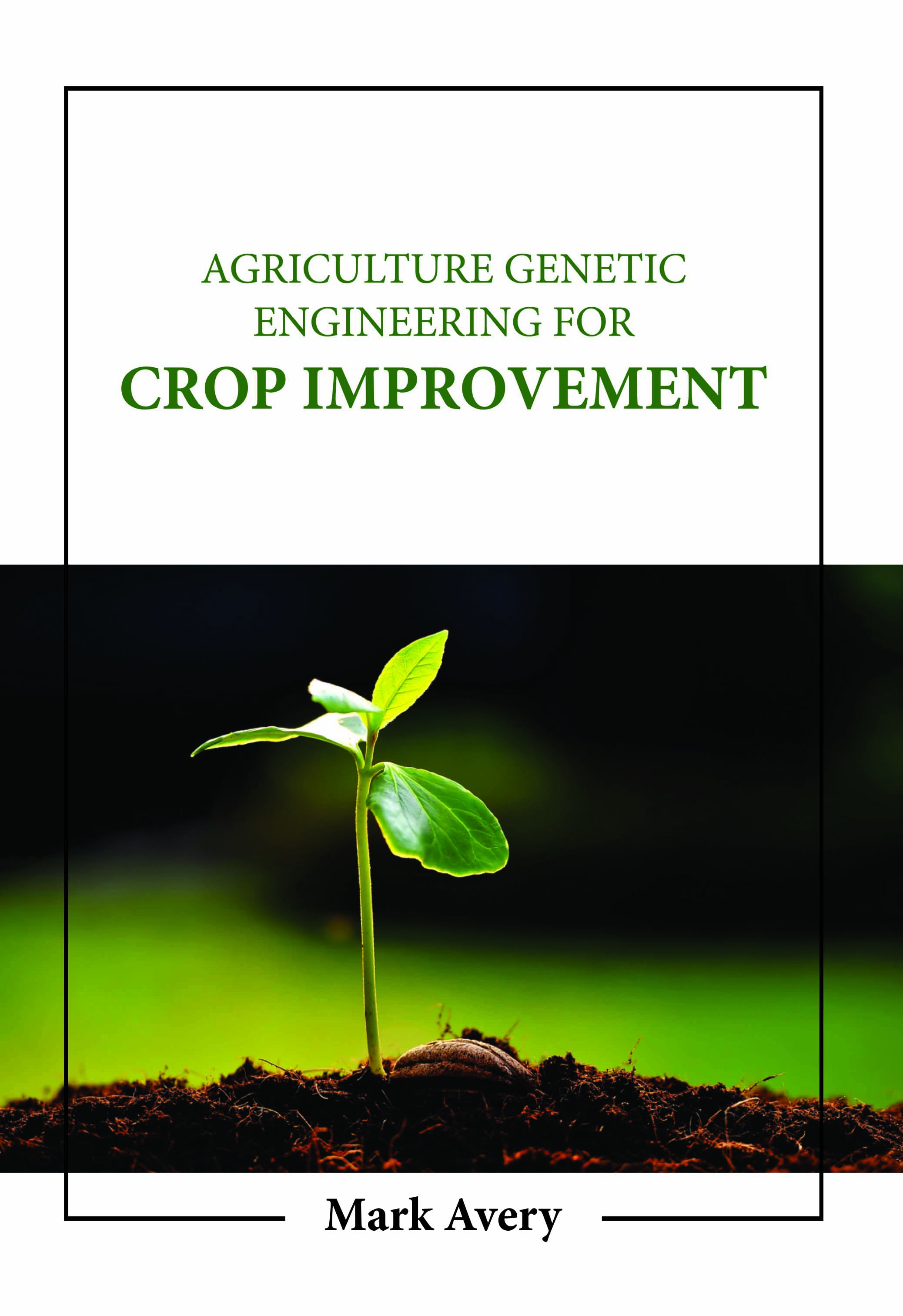
Agriculture Genetic Engineering for Crop Improvement
by Mark Avery
| ISBN | 9781806241965 |
|---|---|
| Publisher | Digital Drive Learning |
| Copyright Year | 2026 |
| Price | $260.00 |

by Mark Avery
| ISBN | 9781806241965 |
|---|---|
| Publisher | Digital Drive Learning |
| Copyright Year | 2026 |
| Price | $260.00 |
The biotechnology business is using all of its potential on a worldwide scale. Innovative breakthroughs in food and nutrition, security, healthcare, and—more importantly—crop development are being brought about by this quickly integrating cutting-edge technology. A significant area of agricultural biotechnology is plant biotechnology, which focuses on many aspects of plant tissue culture, genetic engineering, and molecular biology methods. The development, preservation, and use of genetic diversity for the enhancement of field, fruit, vegetable, and forest crops as well as medicinal and aromatic plants, is made possible through tissue culture techniques. Micropropagation technology offers accurate, quick, and mass plant multiplication, which is particularly important for vegetatively propagated plant species. Technologies for agricultural improvement increase the possibility of improved crop output and better food quality. The goal of new crop varieties and hybrids introduced through various crop enhancement techniques is to increase output and improve quality. However, these potentials can only be realized when crops are handled and produced in ways that allow them to express their genetic potential. Crop production strategies release the potential of different crop kinds and hybrids. The use of selective breeding to exchange genetic material between two parent plants and produce offspring with desired traits, such as increased yields, disease resistance, and improved product quality, has traditionally been the method used to apply biotechnology to agriculturally significant crop species. The two plants being crossed (bred) must be of the same species or closely related ones in order for genetic material to be exchanged. It is hoped that this book will be of great use to people who are either enrolled in plant biotechnology courses or working on research projects.